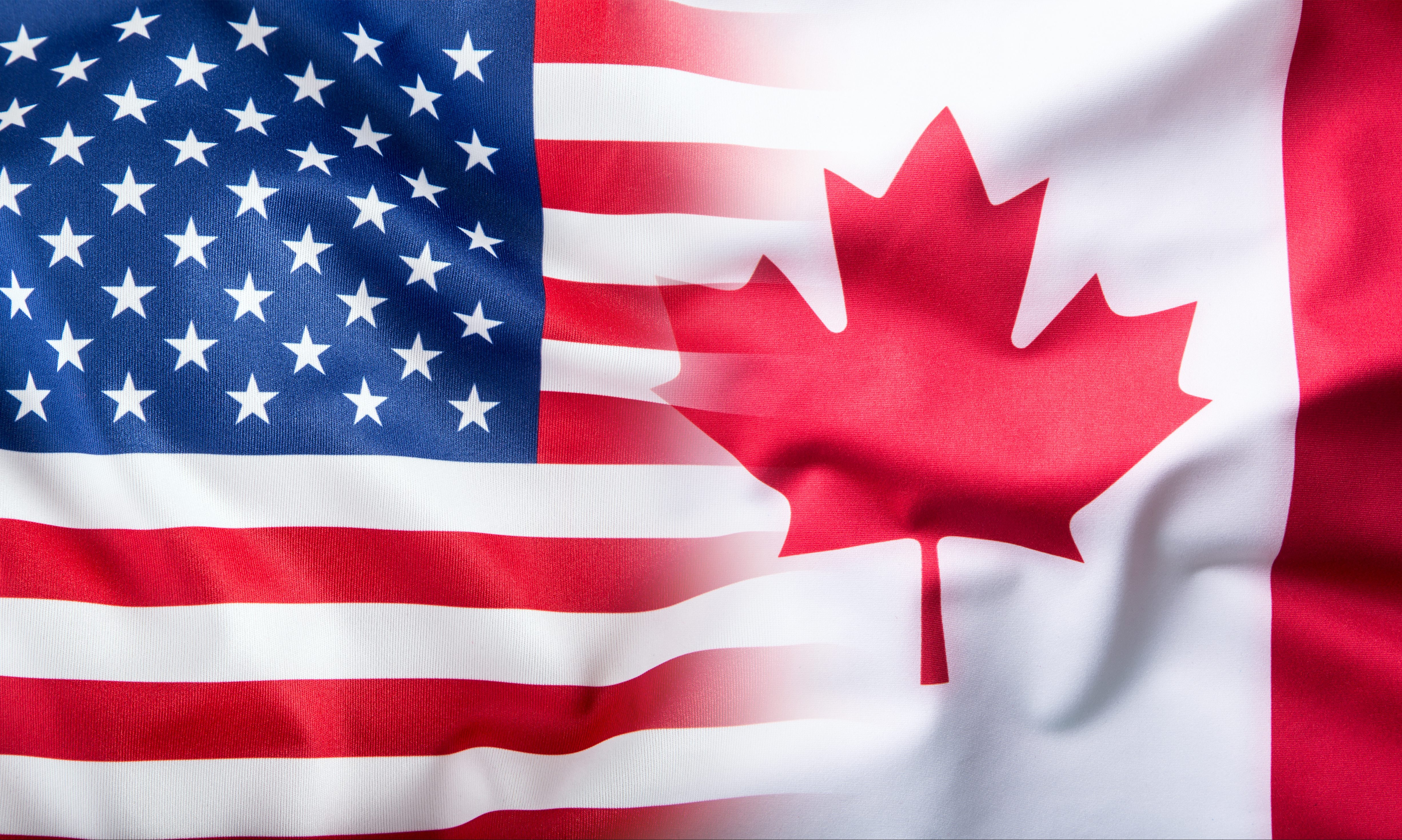The Canadian Government warns that Canadian trade and investment has created 111,200 jobs across Alabama, but the future is uncertain if trade negotiations breakdown between the United States and Canada.
“The United States and Canada enjoy one of the closest relationships between any two countries in the world,” said Ashante Infantry, the Communications officer for the Canadian Consulate General in Atlanta. “Since 1994, The North American Free Trade Agreement (NAFTA) has encouraged the trading of goods and services between the U.S. and Canada to promote economic vitality for both countries, but that future is uncertain. If current NAFTA negotiations break down, American jobs could be at risk, and the prices for items such as groceries to cars would likely rise.”
Infantry said that in Alabama: There are 105 Canadian-owned businesses, employing roughly 9,843 people throughout the state. Overall, Canadian trade and investment has created 111,200 across the state. Canada even sells more to Alabama than it sells to the entirety of France.
“Because of NAFTA, Alabama has seen new businesses form, new job openings posted, and a more vibrant economy,” Infantry said. “We must ensure that NAFTA is modernized for the future—so that its benefits are more widely shared, and, importantly, so that Alabama’s economy continues to prosper.”
The Canadian Embassy in D.C. has put together a video that talks about why they believe that NAFTA is integral to the continued growth of the American economy, and also why it’s so important that NAFTA be modernized so that its benefits are more widely shared.
The text of the Canadian video reads:
“Every day over 400,000 people and $2 billion of trade crosses the U.S. Canadian border making Canada America’s biggest customer; but with all of the talk around the North American Free Trade Agreement, or NAFTA, it is easy to forget why this historic agreement is so important to the strength of the American economy. Before NAFTA doing business was filled with red tape and extra costs. This meant far less trade and higher prices for many of the products that American businesses and consumers use every day. By increasing the flow of goods and services with NAFTA over 33 million middle-class jobs have been created across the U.S. jobs that pay between 13 and 18 percent more than the national average helping Americans where it counts the most. The world has changed considerably over the last 24 years and that is why Canada is committed to modernizing NAFTA so its future is enduring and its benefits are more widely shared. Together as friends and allies we can grow our economies create good paying jobs and continue a tradition of shared prosperity that has come to define the relationship of our two countries.”
While running for office, Donald J. Trump was highly critical of NAFTA. As President, he has worked to renegotiate most of our trade agreements, including NAFTA.
Trilateral talks between Canada, the U.S. and Mexico appear to have broken down.
On July 18, President Trump told his cabinet:
“I just wanted to tell you that we have had very good sessions with Mexico and with the new President of Mexico who won overwhelmingly,” Pres. Trump said. “And we’re doing really well on our trade agreement. So we’ll see what happens. We may do it separately with Mexico, and we’ll negotiate with Canada at a later time. But we’re having very good discussions with Mexico.”
While the Trump Administration is making progress in separate negotiations with both Mexico and the European Union, there appears to be less progress in negotiations with the Canadians.
Pres. Trump has imposed tariffs on Canadian steel, aluminum and newsprint.
Canada has retaliated with tariffs on over 60 American goods including: steel, aluminum, iron, yogurt, soup, broth, ketchup, maple sugar, prepared meals, beef, mayonnaise, salad dressing, pizza, strawberry jam, soya sauce, orange juice, liquorice, chocolate, toffee, water, insecticides, glue, candles, herbicides, tableware, paper, paper products, manicure/pedicure preparations, fungicides, sacks, bags, toilet paper, postcards, printed cards, cast iron grilles, stoves, ovens, yarn, tablecloths, room deodorizers, inflatable boats, refrigerators, freezers, sailboats, motorboats, seats, sleeping bags, ballpoint pens, felt tip pens, dishwashers, clothes washers, lawn mowers and playing cards, among others.





















































